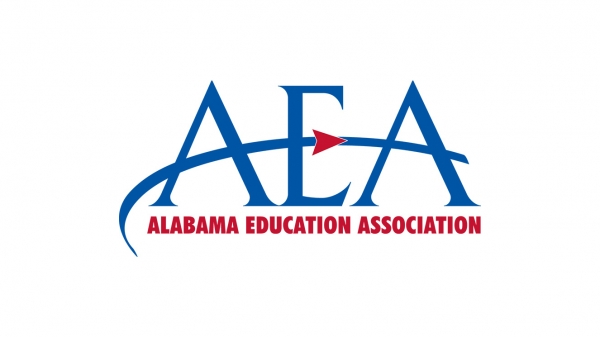By Dr. Henry Mabry
Executive Secretary/Treasurer of the Alabama Education Association
Perhaps the chairman of the Alabama Republican Party should have checked with the governor’s office before casting blame for the announced closure of the International Paper Mill in Courtland.
A statement from the GOP blames the Alabama Education Association for “playing politics” in the plant’s closing. AEA has not said one word regarding the closing and would, in fact, be supportive if the state could help avoid the plant closure as it has in other industry recruitment and retention efforts.
The AEA, along with lawmakers from both parties, helped block ill-advised legislation in 2012 that would have created yet another cash giveaway for industry recruitment incentives at the expense of education. AEA will support case-by-case economic incentives for new, high paying jobs, but AEA is not going to support a blank check given out to businesses that are not creating new jobs. That is plain old corporate welfare.
In mid September, Gov. Robert Bentley’s press secretary, Jennifer Ardis, quoted a top official at IP —Printing and Communications Papers Senior Vice President Tim Nicholls —as saying incentives were not the issue in the company’s decision to close the plant.
Ardis told The Birmingham News/AL.com, for a story published Sept. 16 that IP wasn’t interested in incentives from the state.
“It’s a supply-demand issue,” said Ardis. “The governor and company officials with International Paper have discussed incentives, but International Paper has made it clear to the governor that they do not need incentives. They need customers to buy their paper products that are produced at the plant.”
Now, who is playing politics?
Bill Armistead, chairman of the Alabama Republican Party, should have gotten his story straight before going off half-cocked and lashing out without presenting any rational facts and solutions.
The plant closing is truly tragic for families, who depend on IP for a living, but Bill Armistead should be looking for ways to help the company and the people of Lawrence County solve their problems instead of simply lobbing political bombs.
The AEA and senators from both parties opposed the cash giveaway for industry recruitment incentives at the expense of education in 2012. AEA will continue to oppose such legislation in the future that would be a huge windfall to businesses that don’t create jobs.
That incentives bill and accompanying constitutional amendment would have been nothing short of a looting of money from the public schools and colleges and universities of Alabama.
There are existing laws in Alabama that provide tax credits for new or expanding capital projects, and it makes no sense to provide a new set of tax credits that would continue to chip away at the state’s underfunded education system with no justification.
The bill, if it had been ratified by the constitutional amendment, would have allowed businesses and industries, under certain conditions, to collect income tax from their own employees and keep the money. Under state law today, those taxes are remitted to the state strictly for education purposes.
In addition, existing companies could have fired up to one-third of their work force and still be given the state income tax of the company’s remaining workers as a bailout.
That was bad legislation then, and it’s bad today. And it wouldn’t have saved a single job at International Paper, according to Nicholls, the senior company official.
The decision to close the mill was driven by dwindling global demand for the specific paper products produced at Courtland, according to Nicholls. The mill produces paper for forms, envelopes, labels, copiers, printers, newspapers and magazines.
The demand for uncoated free sheet paper in North America has been in decline since 1999 and has recently gone down as consumers continue to switch from newspapers to electronic alternatives such as online publications and electronic billing and filing.
Nicholls said last week the company explored numerous options for the Courtland facility, but decided closing it was the best option for the future.
These are the unfortunate facts surrounding the plight of the Courtland mill. It’s unfortunate that Bill Armistead injected politics into an economic reality that adversely affected the lives of Alabamians who couldn’t care less about his political posturing.
We can only hope Armistead will stop looking for boogeymen at every turn when things go wrong and start looking for solutions to help move Alabama forward.



















































